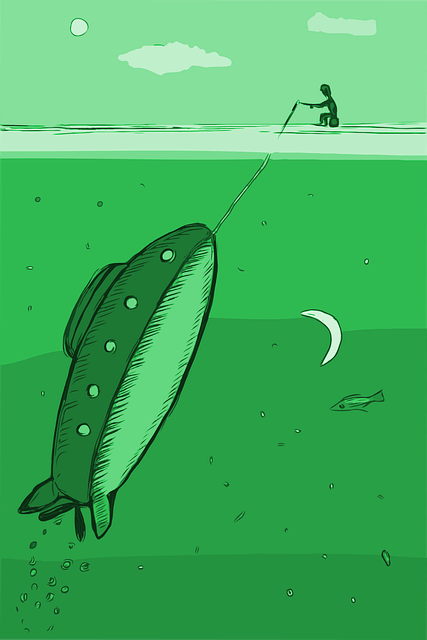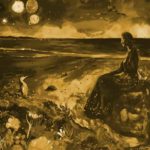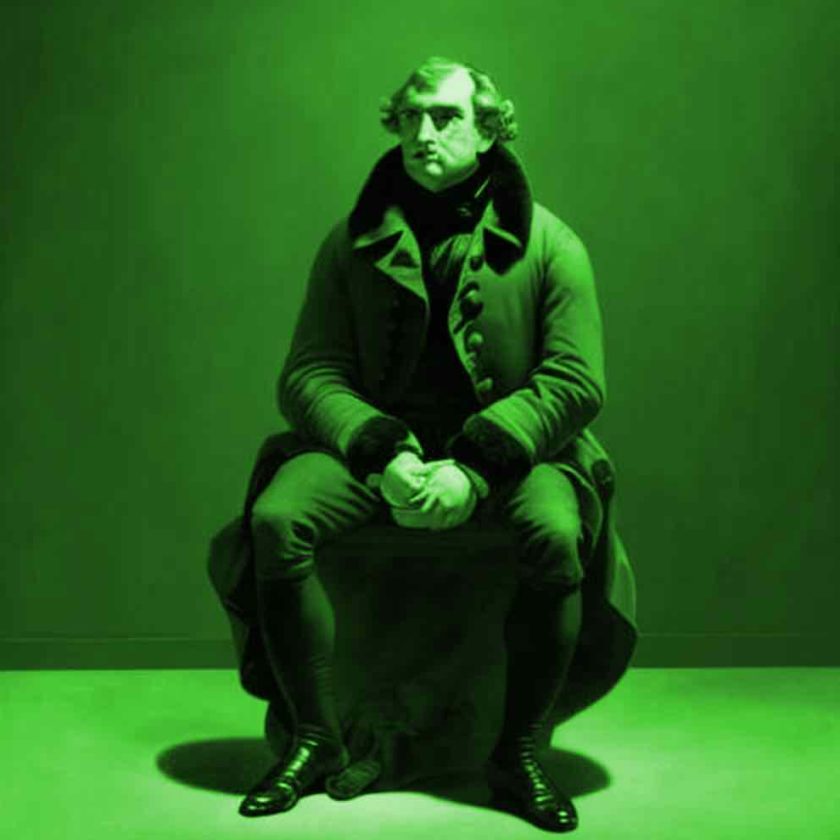Gao Xingjian (Chinese: 高行健; pinyin: Gāo Xíngjiàn), born January 4, 1940, in Ganzhou, China, is a Chinese-born French writer, playwright, director, and painter who won the Nobel Prize in Literature in 2000
To travel is to discover or to discover oneself? Probably both, or rather it is the promise of discovering the world when in the end it is only oneself that one discovers. Because of this observation, it is useless to set goals during one’s trip, it is better to let oneself be carried along by the encounters and visits. A traveler who has the wisdom not to rush things, knows that everything comes at the right time. When you set a goal, you limit the potential for discovery that travel offers. Since we will be different throughout our journey, it is illusory to set a goal.
A sincere traveler is not a conqueror, he only wishes to conquer himself. It is in the encounter with the world and others that he will become aware of his true nature. The world is for him a playground and not a hunting ground. He cultivates the freshness of his gaze by not letting himself be influenced by preconceptions or hasty judgments. A goal prevents us from seeing things as they are. Our desire for achievement becomes a blinkered vision that sometimes paralyzes possible progress. The true traveler is the one who is humble in a way, that is to say that he does not pretend to know in advance the true object of his journey, he will end up knowing it sooner or later and therefore he does not rush things.
Nevertheless, one should not adhere to the image of a boat adrift, without a rudder: the journey is not a wandering. It is more like a pinball bouncing off the obstacles that come our way, just as we can seize a learning opportunity in our journey.
The journey is like meeting your wife or husband, if you have clearly defined intentions beforehand. This can break some of the magic and prevent us from seeing the person as he or she is, except through the prism of our own desires.
A country or a region is ultimately like a human being with a language, a culture, a temperament and a way of life. In order to be comfortable with an individual who could be our friend, we should not try to use them before we have even met them. This can derail the relationship before it has even begun with that person.
Counter-argument to the author’s recommendation
So you’re going to tell me, but isn’t traveling without a goal a goal in itself? I am forced to say yes. Indeed, not trying to have a goal is a goal.
It is quite difficult to remove all the desires, which is perhaps what characterizes us most as human beings. So I would be of the opposite opinion that we should have a goal, which can be a form of pretext. Very often, without a valid reason, we would simply not travel. For example, if one chooses to go to New Zealand for a few months to learn English, this can justify the efforts and the costs inherent to this trip. One can go with idea A and then discover idea B which is much bigger than the first one. In this case, traveling to New Zealand could generate idea B of moving to this country because of its stunning nature.
In my opinion, it is impossible to get rid of a desire in any undertaking whatsoever. I would even say that it is necessary to have a pretext or at least an uncertain objective when one travels, that makes it much more reasonable and it is easier to have the consent of one’s close relations when one undertakes such a project. Traveling without an objective is an ideal, as is living without desire for Buddhists. The thirst for discovery will always be latent for the traveler who claims to do it without an objective. In my opinion, desire is an essential ingredient of action. Without desire, nothing would justify a trip thousands of miles from home. Desire is necessary for humans to move, just as an object needs a force to do the same according to Newtonian physics.
So I would tend to contradict Gao Xingjian’s recommendation. So I would tell you to make a mistake, to make the mistake of starting with one idea in mind when you will find to your surprise that you discover something totally different. I would also tell you not to try to plan everything in a trip, you have to leave room for the unexpected and for serendipity. It’s okay to be wrong, traveling will make you more humble and your experience in traveling will make you understand that it’s useless to try to control everything. With time, you may become more philosophical and see travel more as a pinball machine on which you slide and where finally you don’t have as much control as you think. Travel is a great metaphor for life. If you knew how to travel you would know how to live better. Moreover, there are several ways to travel, one by the senses (travel as we know it, which implies a displacement of the body), the other by the imagination or the intellect (books or dreams are very good examples). In my opinion, sensory and intellectual journeys influence each other, and we must cultivate them as much as possible so that each one deepens in its own way.










